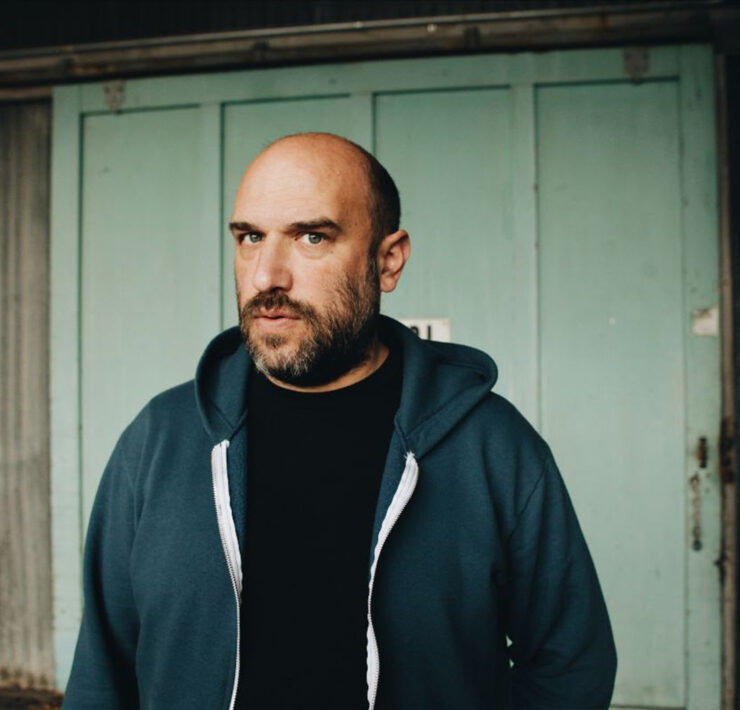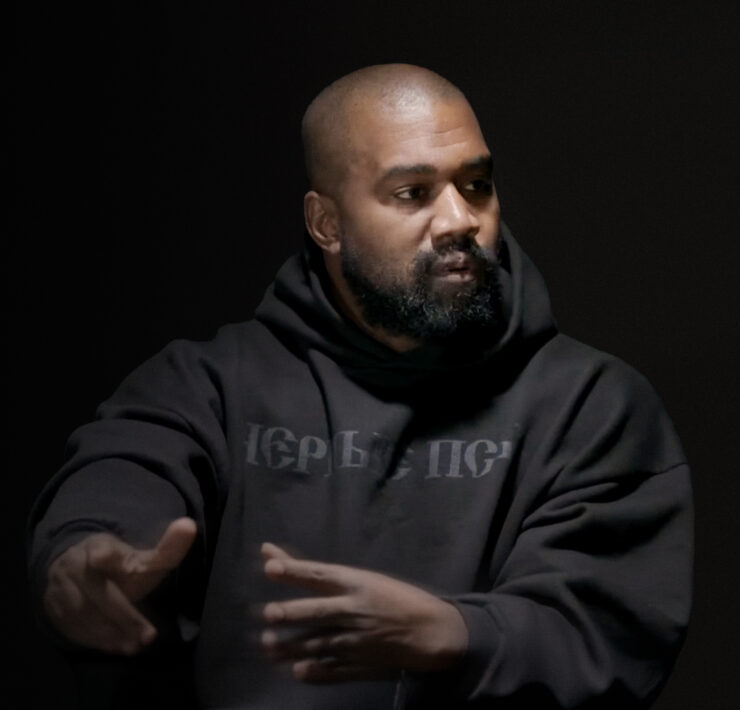
Last weekend, Pitchfork published a piece in which multiple women accused Arcade Fire frontman Win Butler of sexual misconduct.
Via Pitchfork: “Three women made allegations of sexual interactions with Butler that they came to feel were inappropriate given the gaps in age, power dynamics and context in which they occurred … A fourth person, who is gender-fluid and uses they/them pronouns, claims that Butler sexually assaulted them twice in 2015, when they were 21 and he was 34.” In the piece, Butler, who is married, sent a statement arguing that the relationships were “consensual” but that he is “very sorry to anyone who I have hurt with my behavior.”
In times like this, when an artist is hit with terrible allegations, there is always a contingent of people who respond by noting that they were never fans. “I never liked them anyway,” someone might say about Arcade Fire. “Feeling justified that I never wasted any time on the band,” another might argue. It’s the lowest form of engaging with a tragic story.
Yes, tell us more about you, the protagonist of the universe, who successfully avoided liking a band. “Sorry to those hurt by this news but I never liked them because I’m different” is emphatically not the flex you think it is. In fact, it’s incredibly hurtful and dismissive to the actual center of this story: the people who Butler hurt, all of whom told Pitchfork that they were fans of the band. You’re not better than them just because you happen to like different music.
This happens in every genre, any time someone’s ugly deeds are brought to the life. A strange impulse arises to distance yourself from the people who are actually surprised and upset by the news, proving that you’re somehow more enlightened because — for purely aesthetic reasons — you never got on board a train that everyone else is dismounting. You not liking Arcade Fire couldn’t have less to do with the actual victims of this story, but it’s a great way of putting yourself at the center of it in your own head.
But if you’ll take a step back, you’ll see all you’re doing is removing yourself from the narrative altogether, absolving yourself of having to feel anything about it or engage with it at all. That’s your prerogative, but don’t turn it into a heroic act.






















